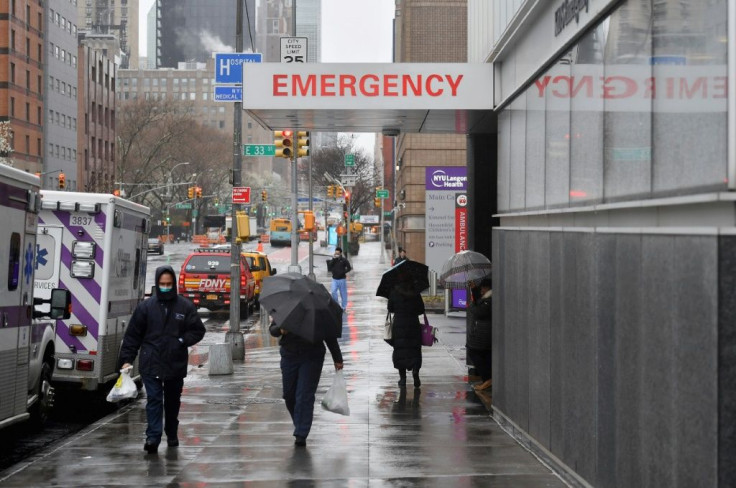COVID-19: Budget Shortfalls Faced By U.S. States, Cities Too Big To Cover By $150B in Federal Aid

KEY POINTS
- The federal government issued $150 billion in aid for cities and states
- A national survey of cities and states points to massive impending budget shortfalls
- The scale of the issue proves the insufficiency of the federal fund
A survey by a coalition of various-sized U.S. cities and towns has underscored the complaint that the $150 billion in federal aid passed by Congress for states and large cities was grossly inadequate to address the issues brought to the table by the COVID-19 pandemic. More than 2,100 cities, or nine in every 10 U.S. cities, are facing major budget shortfalls, reported the National League of Cities, which represents over 93 million people.
Local officials are unsure of how the existing fund will be used to help. “Because of the lack of specificity in the legislation itself, it really is up for interpretation,” said Irma Esparza Diggs, director of federal advocacy for the National League of Cities. “Everybody’s just kind of holding their breath until Treasury comes out with their guidance.”
San Francisco officials expect a budget shortfall as high as $1.7 billion over the next two years, while New York City Mayor Bill de Blasio has proposed a hiring freeze and $1.3 billion in budget cuts. Those two figures on their own represent 2% of the entire federal support fund. Unlike the federal government, local governments cannot sustain budget deficits for multiple years, and are forced to make drastic cuts to keep operations running, which makes this problem much more immediate than any budgetary issues faced by the federal government.
A spokeswoman for Democratic Chicago Mayor Lori Lightfoot was quoted in Washington Post as saying that the city appreciates the $470 million in new federal help, but the city is still in “conversation with Congress to seek additional aid.”
Perhaps the bigger issue lies in the municipalities which fall beneath the federal government’s threshold of 500,000 citizens that qualify the city to apply for aid. “Depending on who you believe, we’re either at 470,000 or 510,000," Miami’s Republican mayor, Francis Suarez, was quoted in AP. "We’re projected to lose about $20 million a month while our economy has ground to a halt. The state of Florida is slated to get $8.3 billion, but we’re not sure if we’re going to get any of it.”
While the federal funds are available to cities with a population less than 500,000, they can only be accessed through the state, and Matt Chase, executive director for the National Association of Counties, highlighted the issue inherent in that dynamic, saying “each local government would have to go hat in hand to the governor and say, ’Can we have part of your allocation?’ We don’t need a lot of politics right now.”
© Copyright IBTimes 2025. All rights reserved.





















